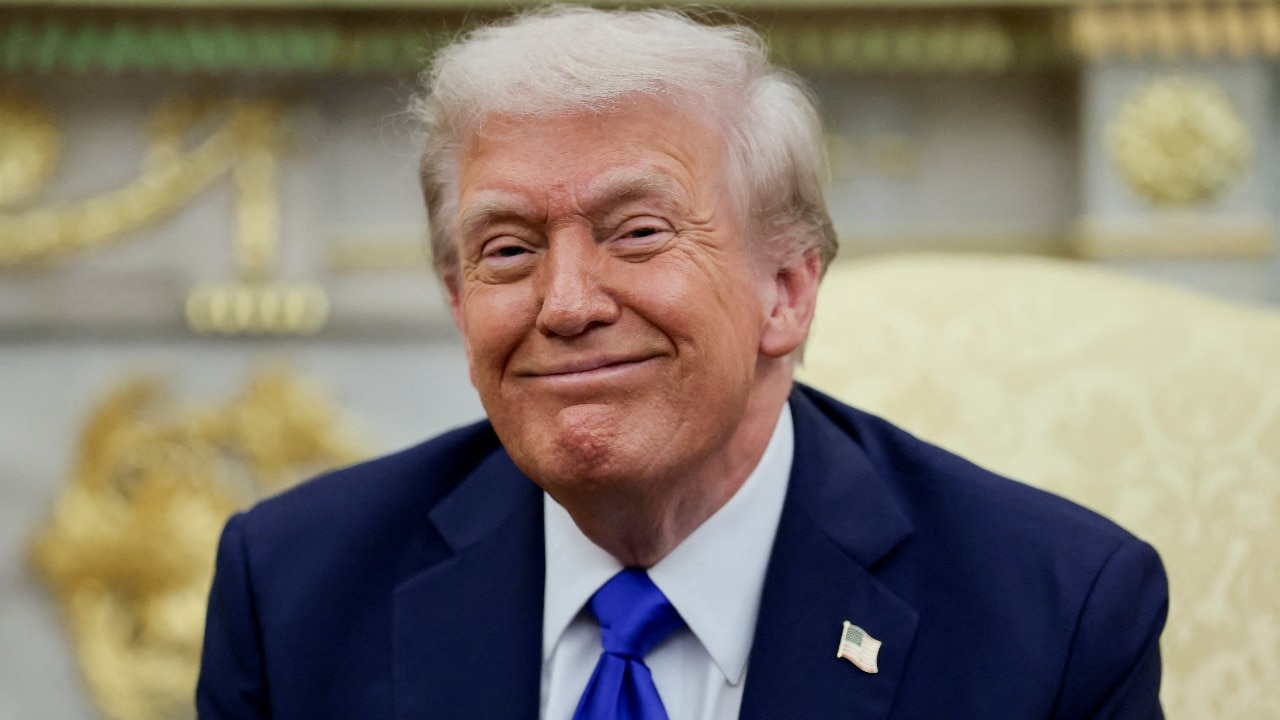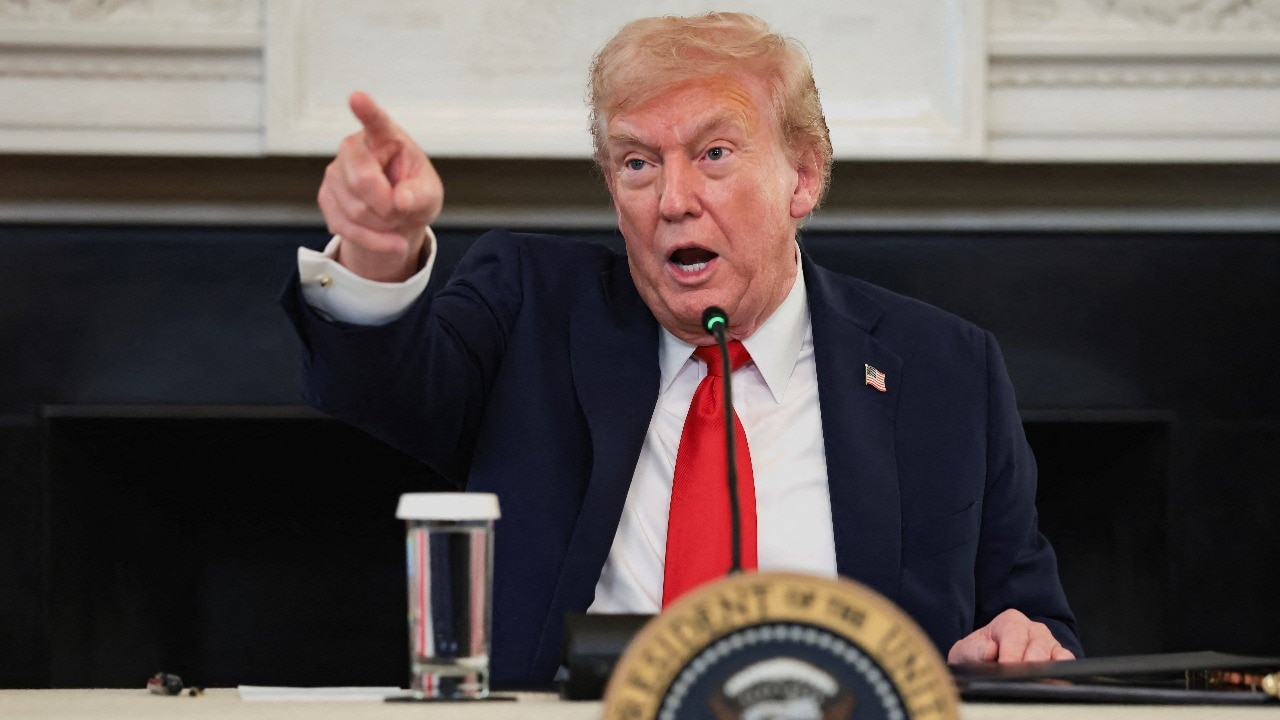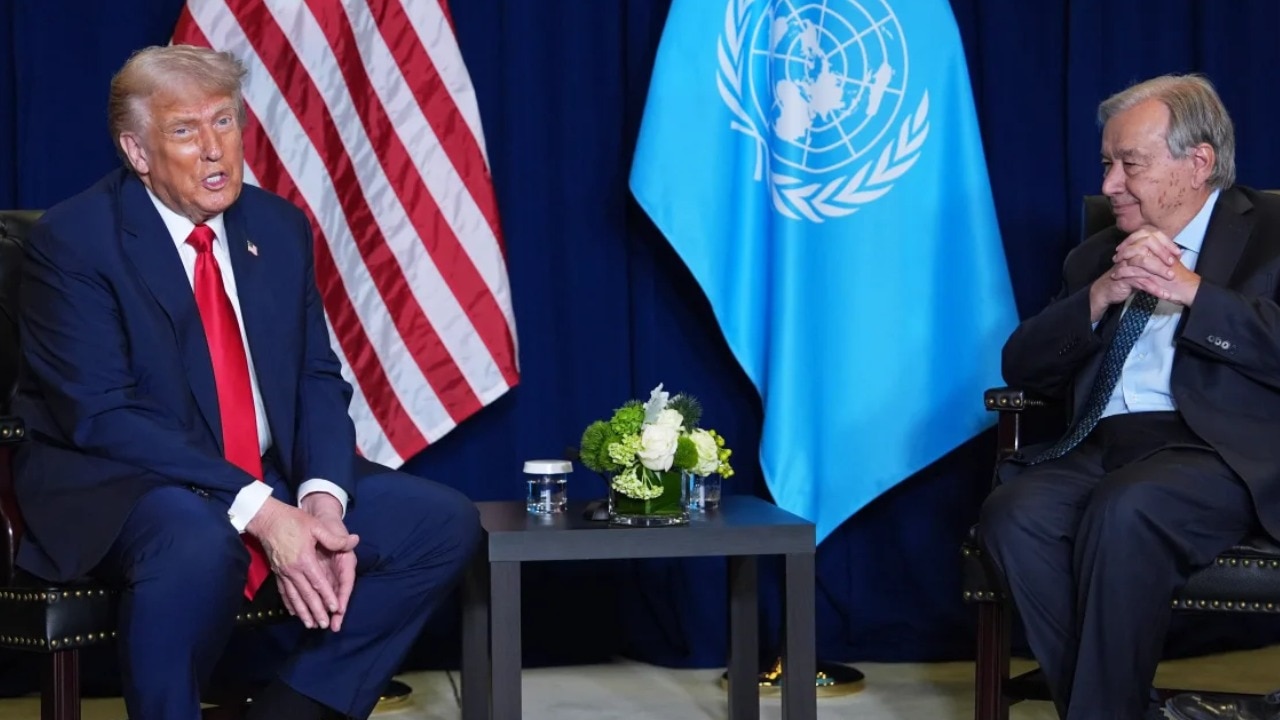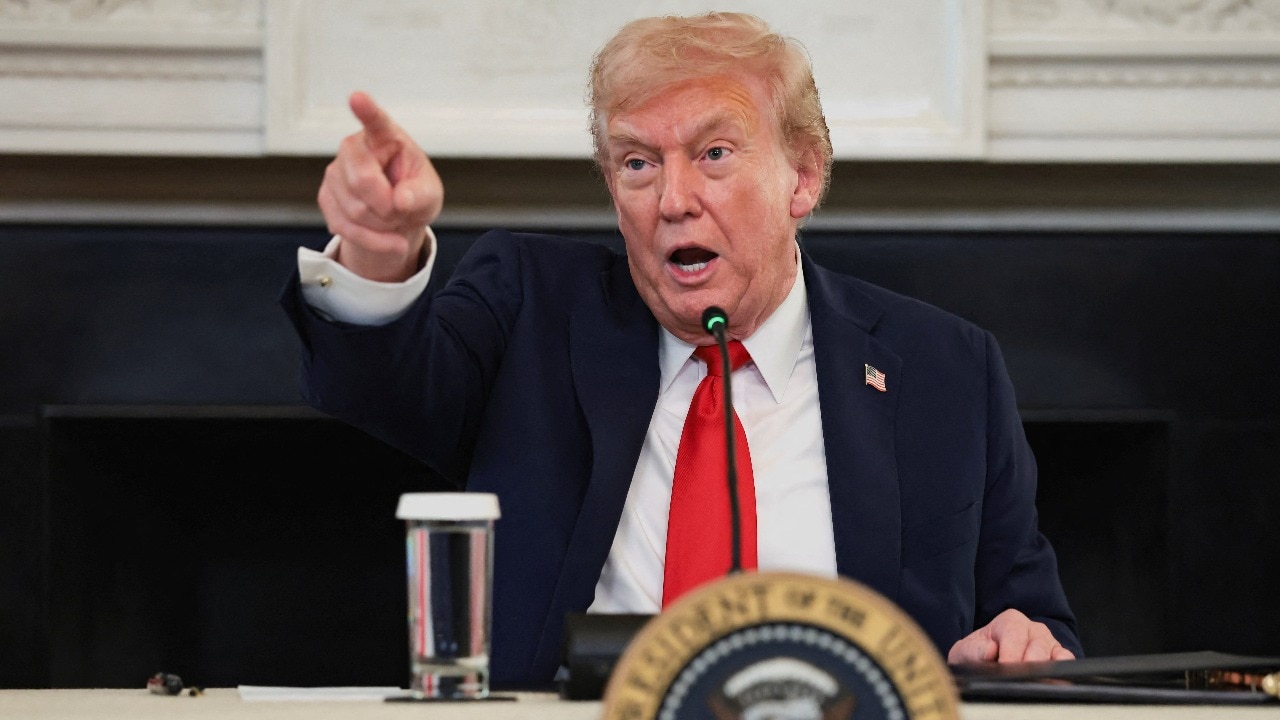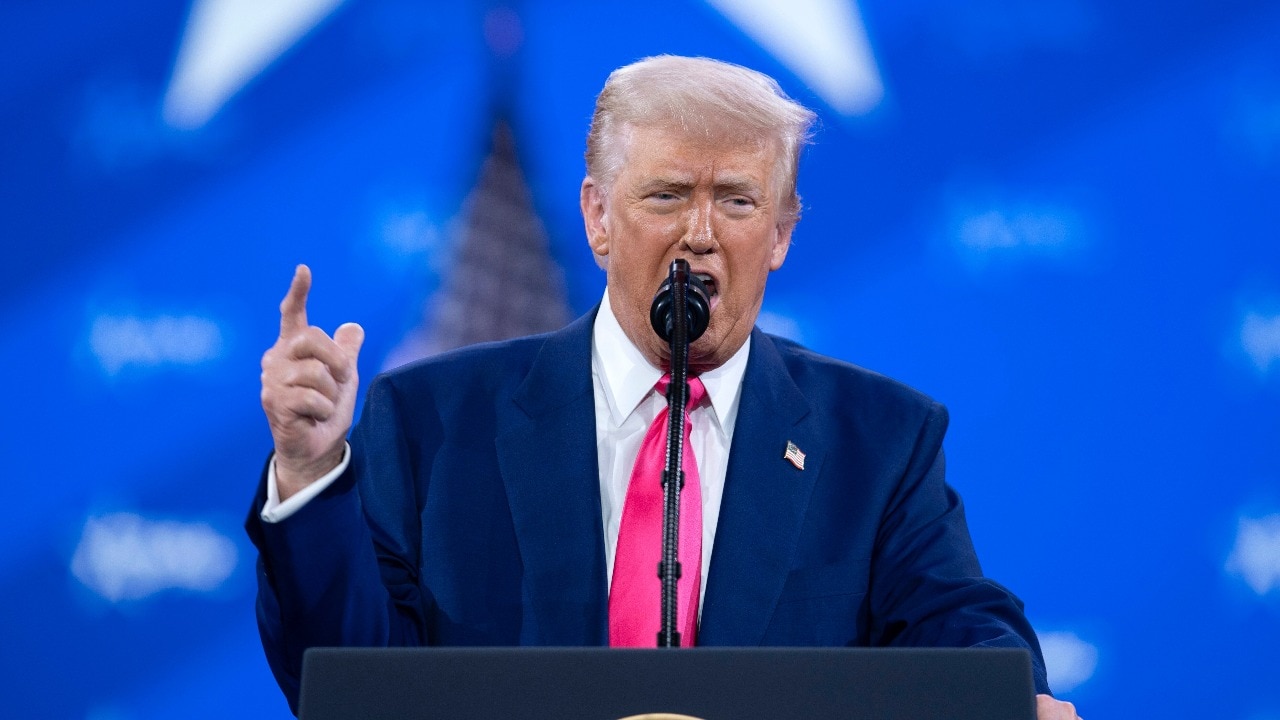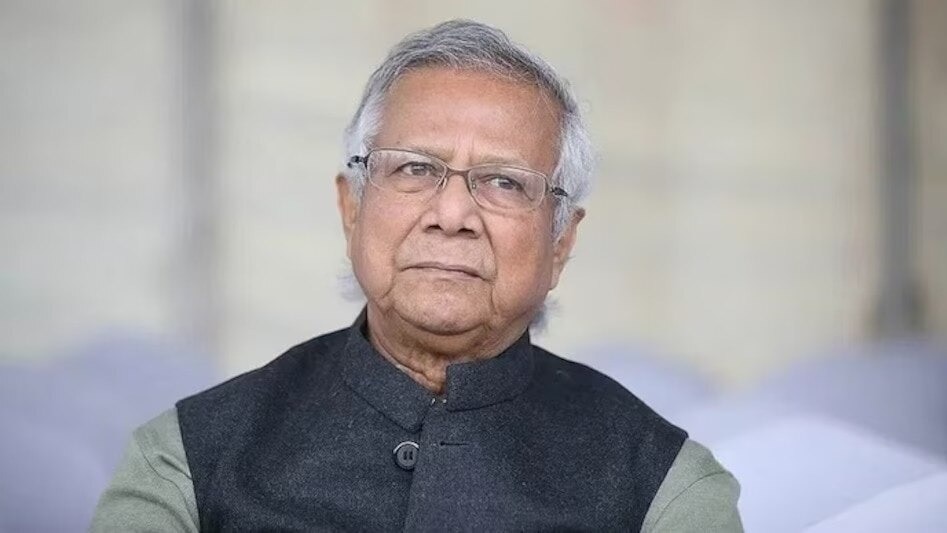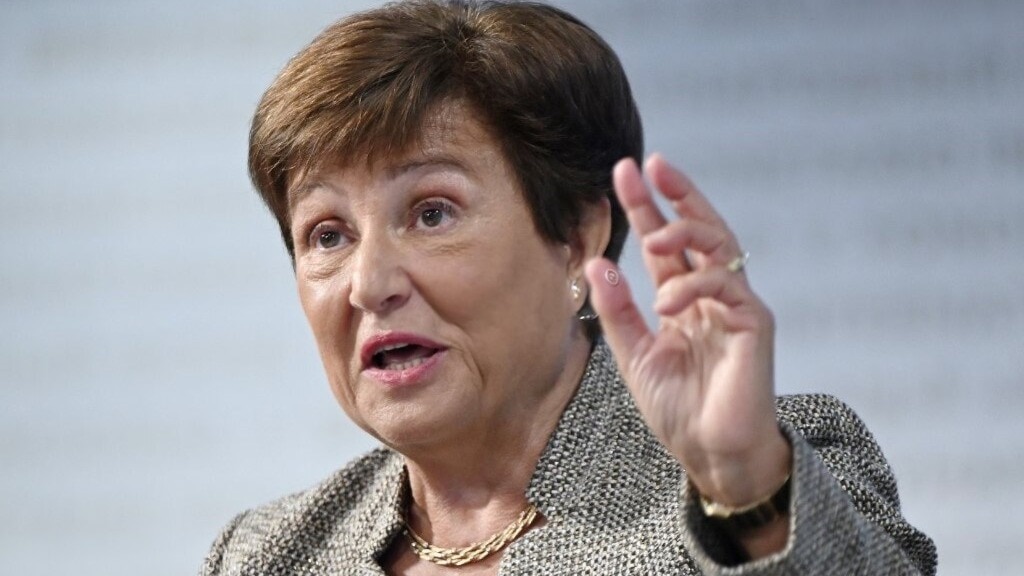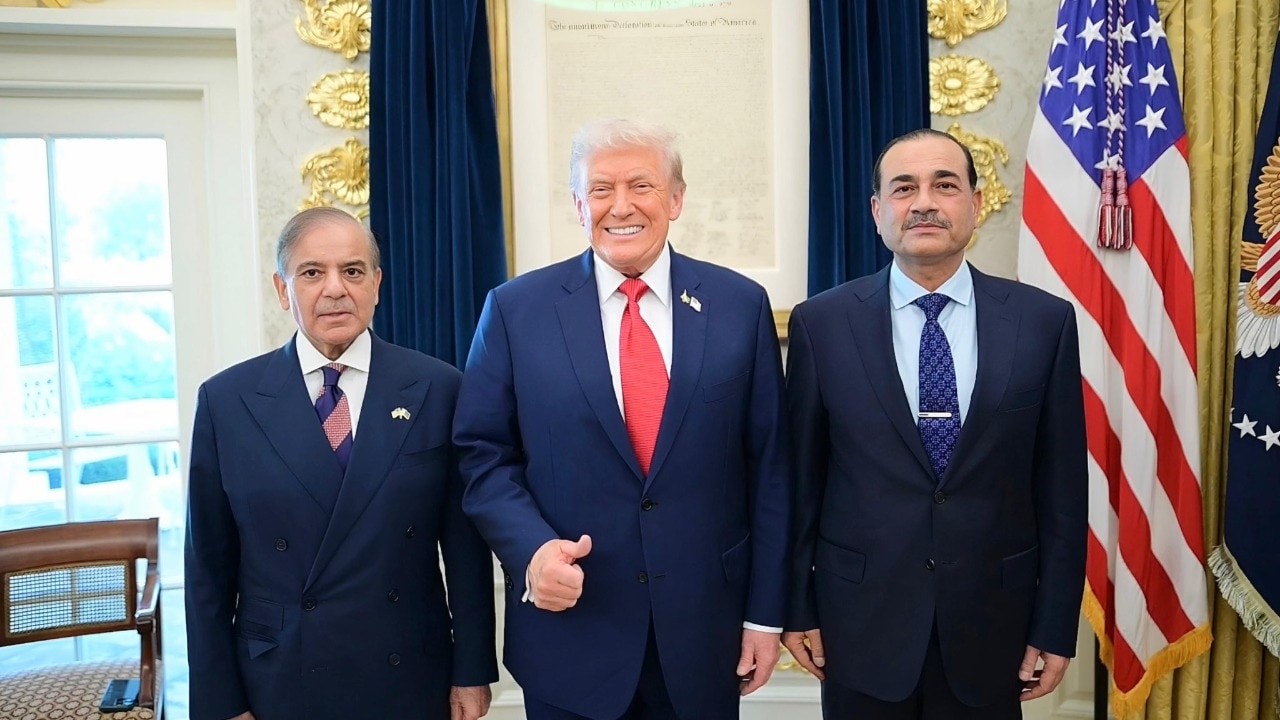US President Donald Trump met Intel CEO Lip-Bu Tan days after urging his resignation over alleged links to Chinese firms, as tensions over chips and AI dominate the US-China technology rivalry.

Intel’s stock had surged on the news of the pending meeting between CEO Lip-Bu Tan and US President Donald Trump (Photo: Reuters)
President Donald Trump says he now wants his Cabinet to work closely with Intel CEO Lip-Bu Tan — just days after demanding the chipmaker’s board fire him over alleged conflicts of interest.
“I met with Mr. Lip-Bu Tan, of Intel, along with Secretary of Commerce, Howard Lutnick, and Secretary of the Treasury, Scott Bessent,” Trump wrote Monday on Truth Social. “The meeting was a very interesting one. His success and rise is an amazing story. Mr. Tan and my Cabinet members are going to spend time together, and bring suggestions to me during the next week. Thank you for your attention to this matter!”
TRUMP'S SHIFT IN TONE
The U-turn comes after a week in which Trump accused Tan of being “highly CONFLICTED” and declared “there is no other solution to this problem” but for him to resign. The criticism echoed Republican Senator Tom Cotton’s concerns over Tan’s past investments in hundreds of Chinese companies, including some reportedly tied to the Chinese Communist Party and the People’s Liberation Army.
Tom Cotton sent a letter to Intel Chairman Frank Yeary expressing concern over Tan’s investments and ties to semiconductor firms that are reportedly linked to the Chinese Communist Party and the People’s Liberation Army, and asked the board whether Tan had divested his interests in these companies to eliminate any conflicts of interest.
Tan, who joined Intel’s board in 2022 and became CEO in March, faces the challenge of reviving the tech giant’s fortunes in the booming AI chip market dominated by Nvidia.
Intel said in a statement that it’s “deeply committed to advancing U.S. national and economic security interests and are making significant investments aligned with the President’s America First agenda.”
Tan has deep roots in the global semiconductor business. He founded Walden in 1987, funding chipmakers such as Taiwan Semiconductor Manufacturing Company and China’s state-owned SMIC. Chinese state media has described him as “actively” engaged in developing the country’s chipmaking capabilities.
- Ends
With inputs from agencies
Published By:
Ishita Bajpai
Published On:
Aug 12, 2025
Tune In

 1 month ago
1 month ago




